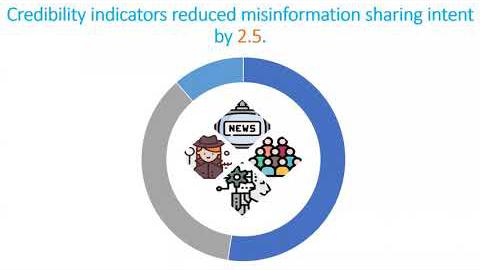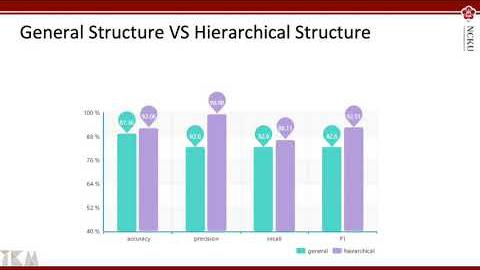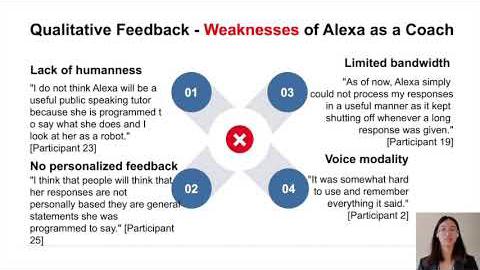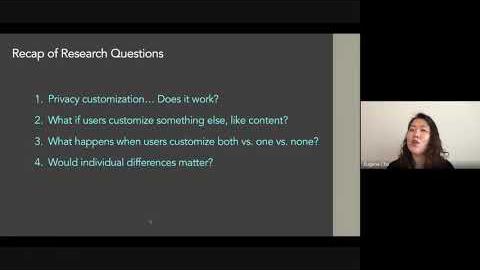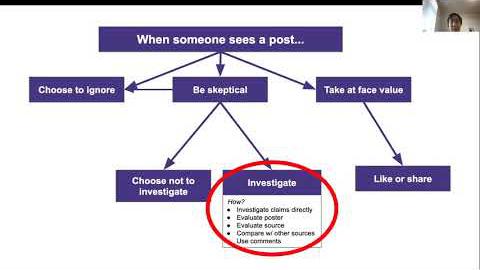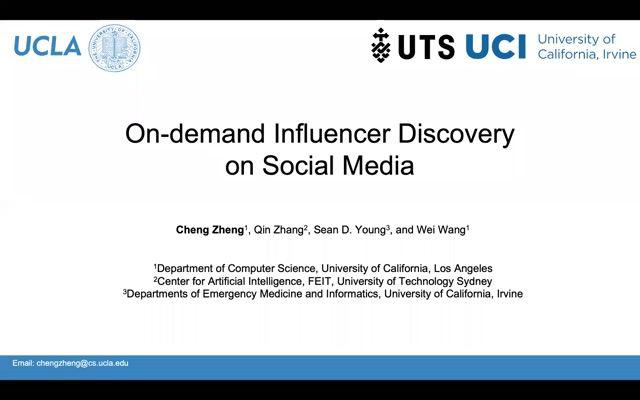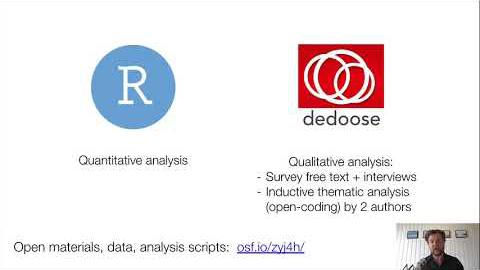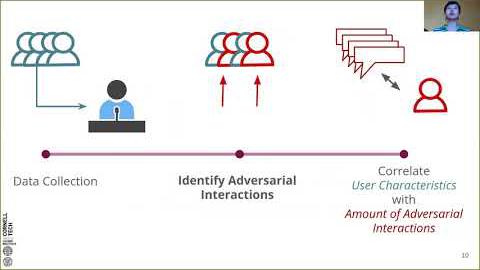Abstract:
The trust that people feel in their social groups is linked to important social outcomes such as member satisfaction and collective task performance. To understand the behaviors and conditions linked to trust, past studies of trust in groups have typically relied on cross-sectional surveys, but these are limited in their ability to identify causation. To better test the potential causal pathways between trust and behaviors or group properties, we paired a two-wave longitudinal survey of 2358 participants in Facebook Groups with logged activity on Facebook. We find evidence for a positive feedback loop related to active engagement and trust: people who contribute written content to a group tend to trust the group more over time, and people who trust a group tend to write more over time. In other cases, we found unidirectional relationships: people tend to trust a group more over time if the group is well-connected and active overall, but tend to trust a group less over time if they are also actively involved in multiple other groups. However, greater trust is not associated with changes in overall group activity and is only weakly associated with changes in connectedness. And while groups that are more trusted tend to add more administrators and moderators over time, adding more administrators and moderators does not tend to increase trust over time. Overall, our findings suggest that trust is best promoted by increasing individual- level active engagement in groups with certain group-level properties (e.g., high friendship density or overall activity).







